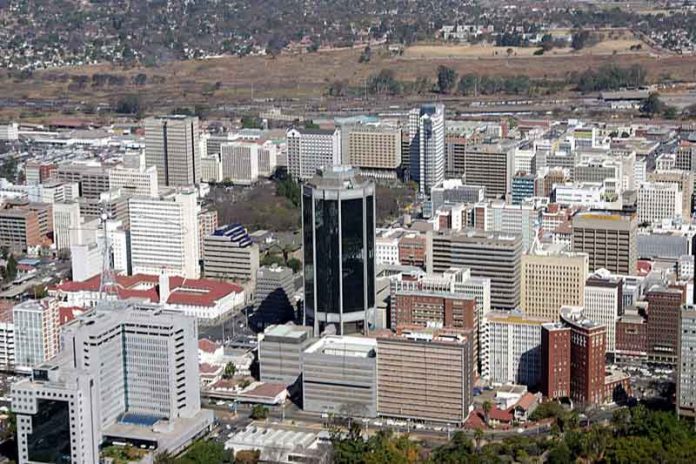Talkmore Gandiwa/Pride Mzarabani
HARARE – Tiger Wheel and Tyre has commissioned a state-of-the-art tyre retreading plant which is set to increase production capacity to 5 000 tyres per month.
Speaking at the commissioning on Monday, Industry and Commerce Minister Mangaliso Ndlovu said the new plant would bring in the latest retreading technology and ensure savings on the import bill. Over the past six years, Zimbabwe has spent close to US$3 billion on motor vehicles and over US$370 million on tyre imports, respectively, which translates to US$500 million and US$61.7 million annually.
“While I applaud you today for new cutting-edge technology. …I will leave you with a challenge: that you should go beyond tyre retreading and ultimately invest in a tyre manufacturing facility,” said Ndlovu.
The minister added that the government remains committed to introducing new policies that will accelerate the growth of tyre manufacturing in the country in a bid to reduce the import bill.
The new plant can supply tyres to a variety of market segments, including passenger, agriculture, mining, and construction industries, thus meeting the diverse needs of Zimbabwe’s transport sector.
The company has invested US$6.5 million in the country. It has been in existence for 60 years.
The chief executive officer of Tiger Wheels, Rishi Magecha, said the commissioning of the new plant augmented the upper middle-income society aspirations.
“The new plant commissioned today is in sync with national aspirations of an upper middle-income society by 2030. So, this is not just any project, but a manifestation of what the President of Zimbabwe has been preaching,” he said.
The commissioning of the new plant also aligns with the government strategic goals of the recently launched Zimbabwe Industrial Reconstruction and Growth Plan (2024-2025), which is set to address immediate challenges facing the local manufacturing and commerce sectors, such as the high cost of doing business, multiple regulations, informalization, smuggling, and proliferation of counterfeit products on the local market.
“We have already embarked on an accelerated drive to implement this plan with all relevant stakeholders,” said Ndlovu.

















